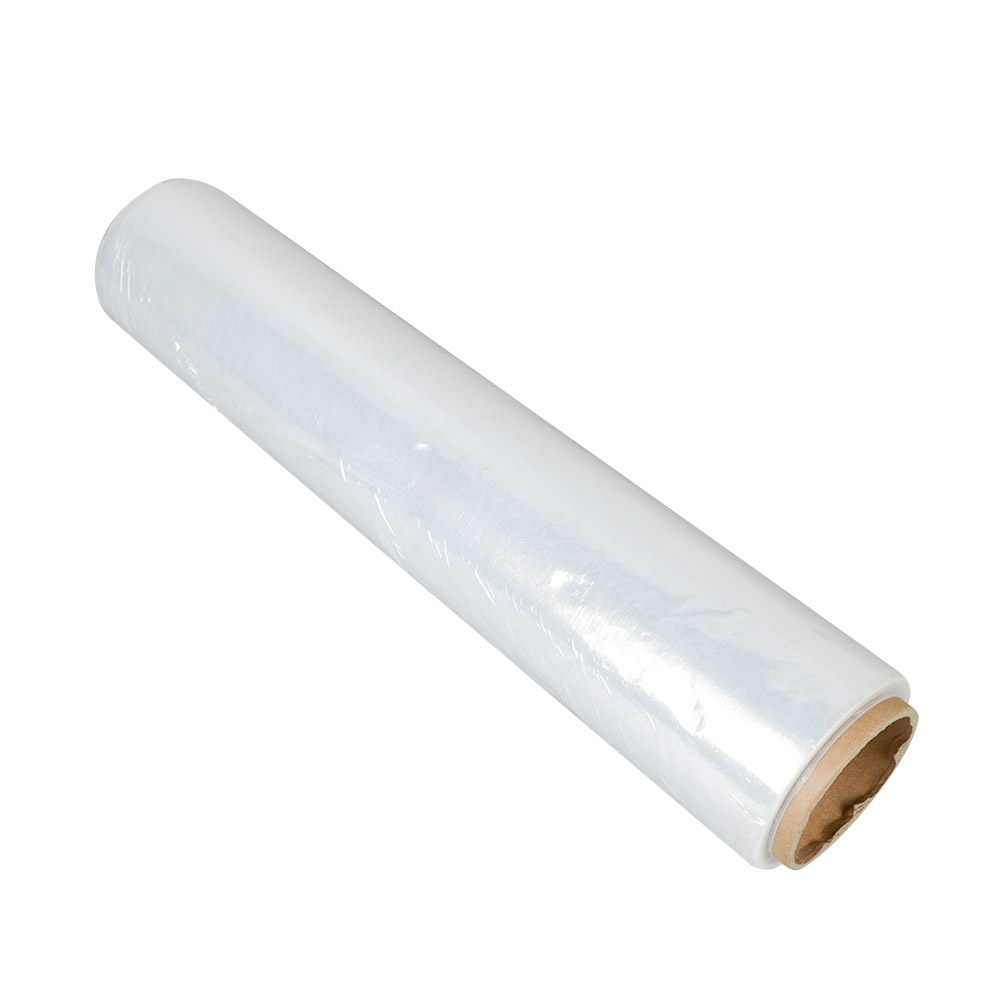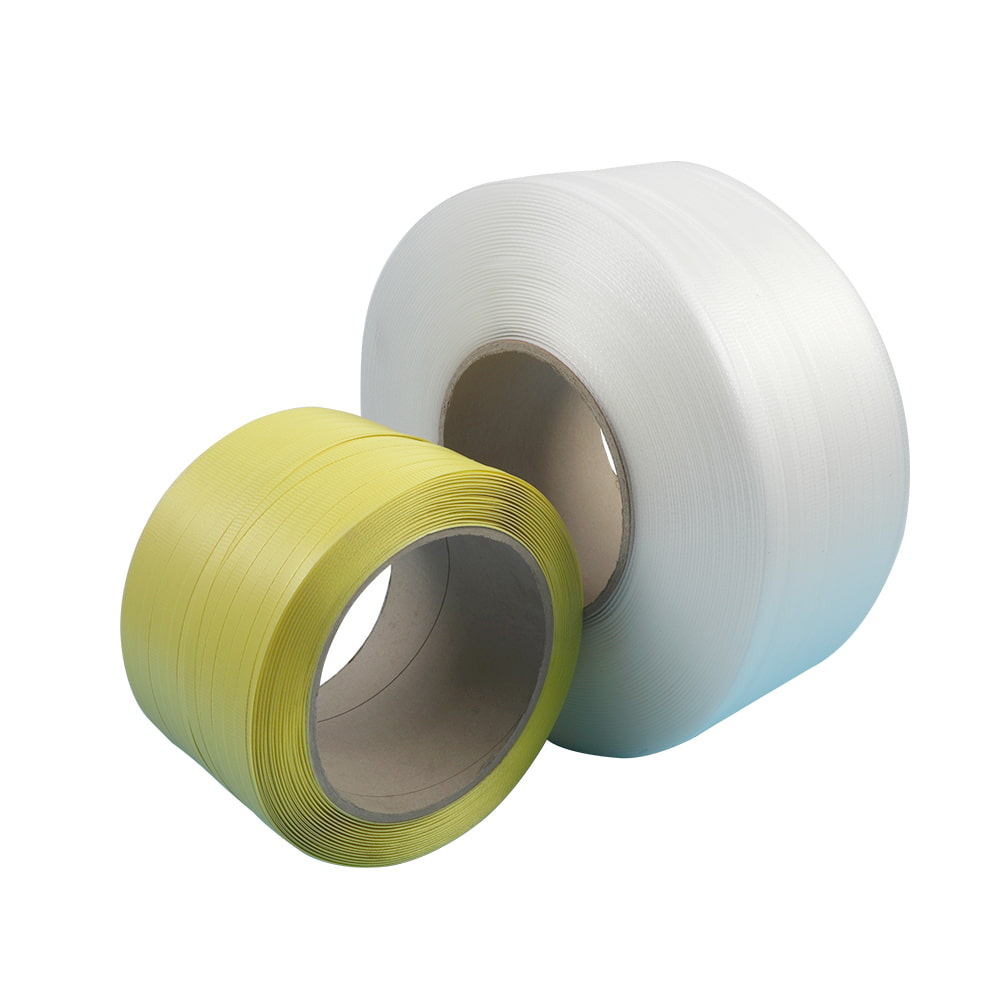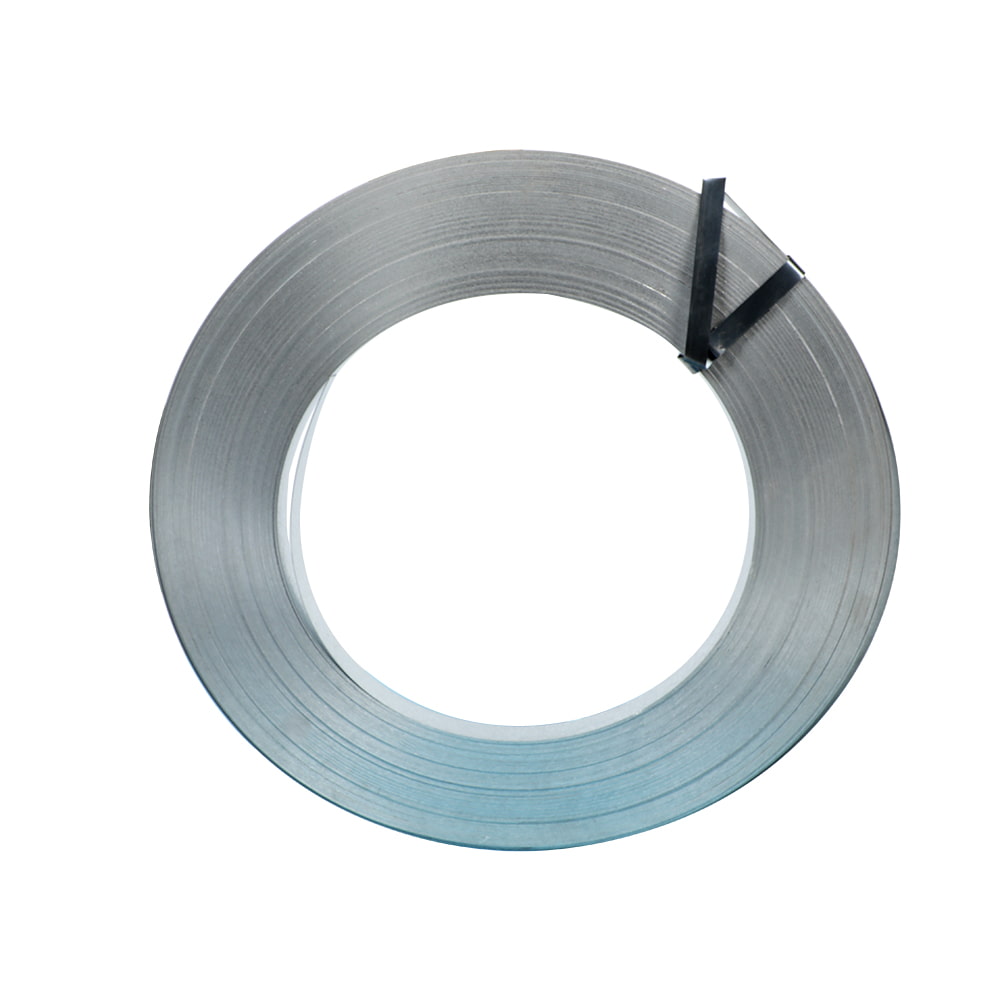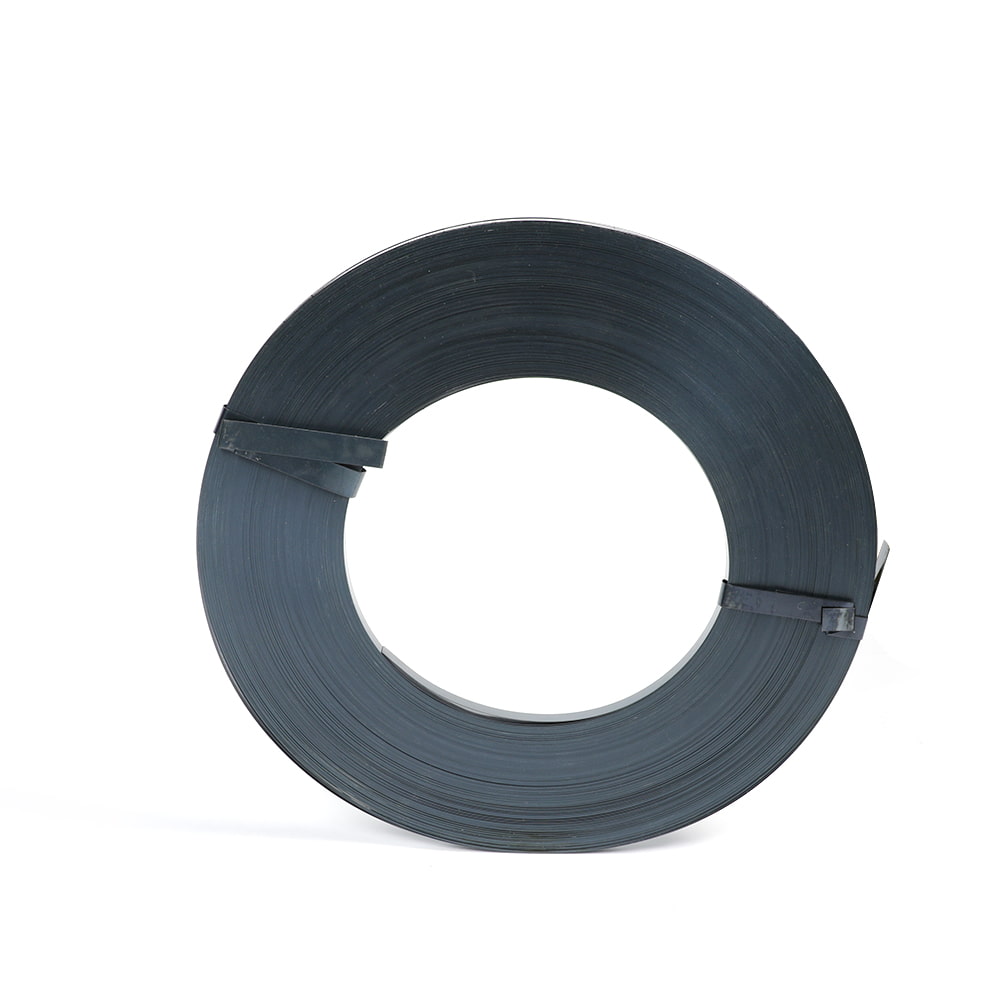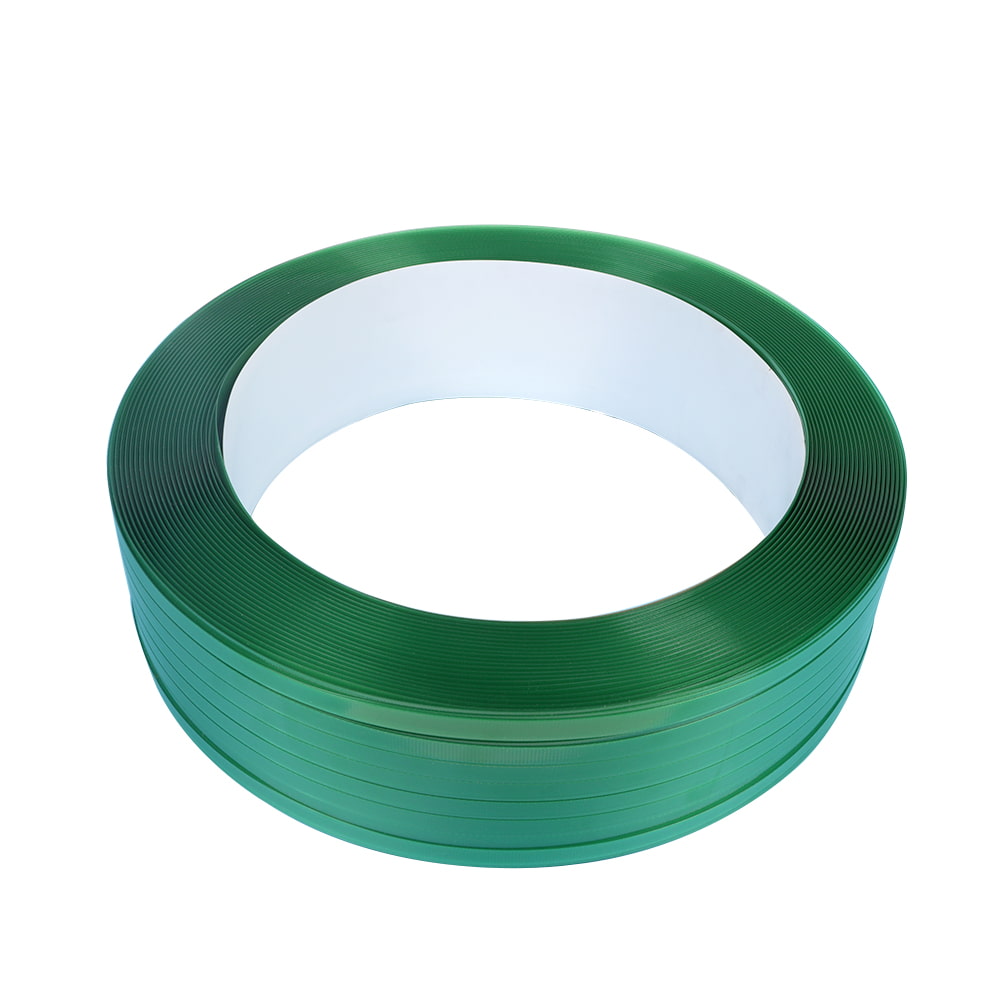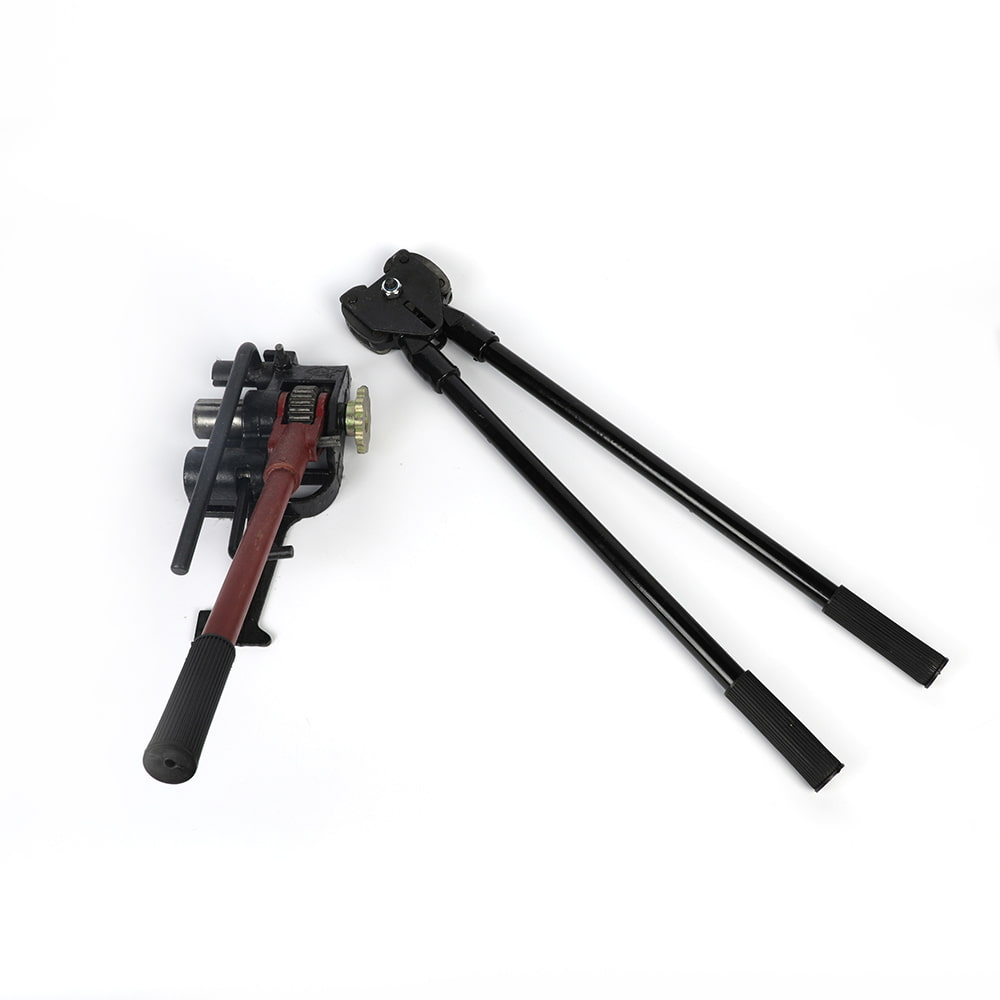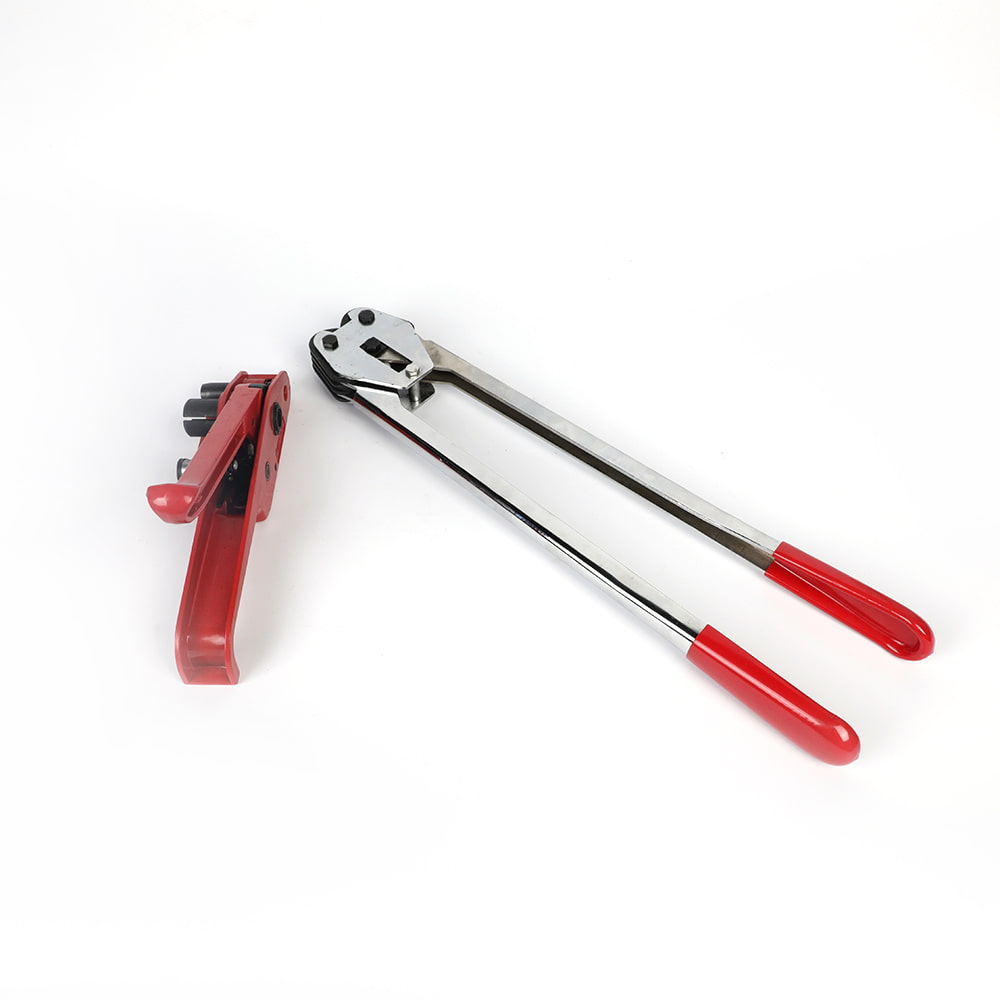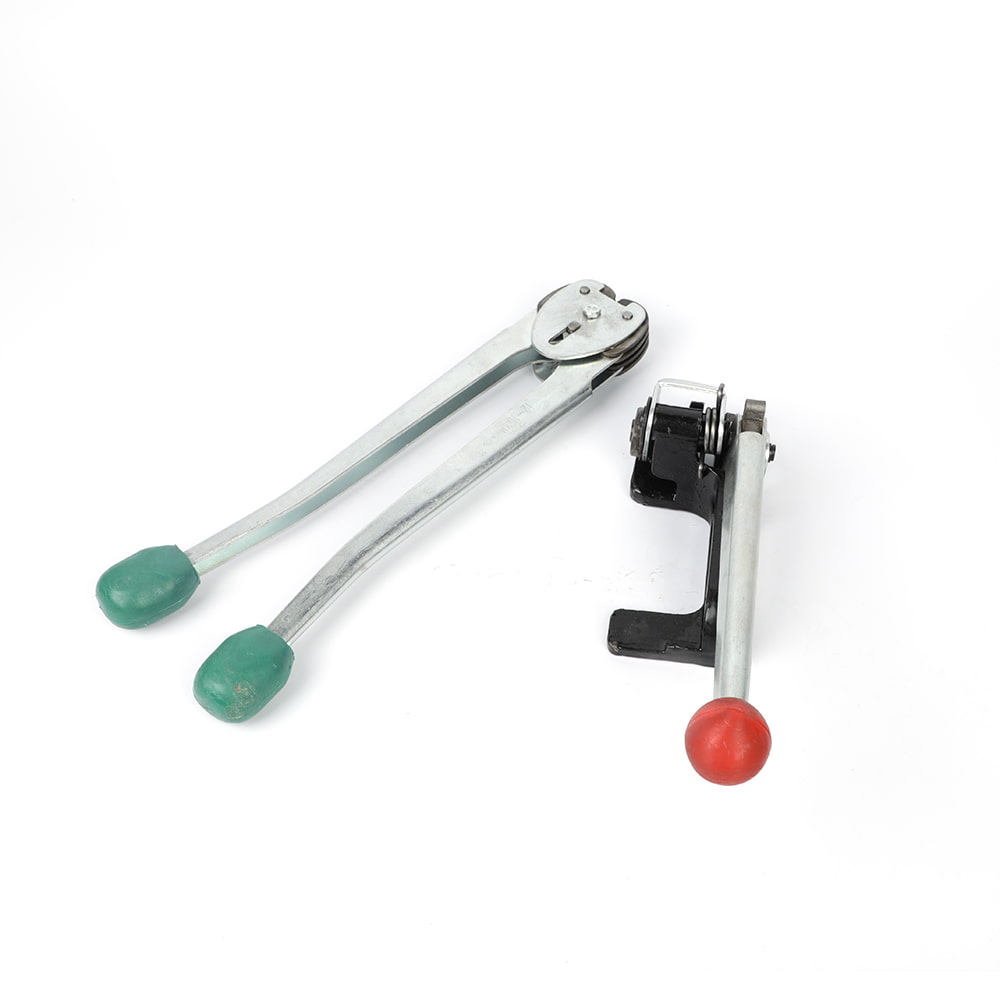Where is a Steel Strapping Machine commonly used?
Steel strapping remains one of the most robust and reliable methods for securing heavy loads, protecting valuable goods, and ensuring safe transport and storage. But where exactly do the machines that apply this critical banding shine? Steel strapping machines are indispensable workhorses across a diverse range of industries, primarily wherever strength, rigidity, and security are paramount. Here's a look at their most common applications:
1. Heavy Manufacturing & Metal Industries:
- Steel Mills & Metal Service Centers: This is arguably the core domain. Machines are essential for bundling and securing heavy steel coils, sheets, beams, pipes, tubes, and structural shapes. The rigidity of steel strapping prevents deformation during handling and transport. Coil handling, in particular, relies heavily on automated or semi-automated strapping lines.
- Machinery & Equipment: Securing large, heavy machinery components, finished equipment (like engines or turbines), or palletized assemblies for shipment requires the exceptional tensile strength and puncture resistance of steel strapping.
2. Construction & Building Materials:
- Lumber & Timber: Heavy timber, engineered wood products (like LVL, Glulam), and large bundles of lumber are frequently secured with steel strapping to withstand the rigors of construction sites and long-distance haulage.
- Bricks, Blocks, & Masonry: Pallets of concrete blocks, bricks, pavers, and other dense masonry products benefit greatly from the stability and load-bearing capacity provided by steel strapping.
- Roofing & Siding: Heavy bundles of metal roofing panels, shingles (especially slate or tile), and large siding sections often utilize steel strapping for securement.
3. Logistics, Shipping, & Warehousing:
- Heavy Unitizing: Beyond metals and construction, steel strapping machines are used to create extremely stable and secure unit loads (unitizing) of any heavy or dense products prone to shifting, such as heavy ceramic tiles, stone slabs, or large industrial parts.
- Export Packaging: For goods requiring maximum protection during long sea voyages or multiple handling points, especially heavy items susceptible to crushing or dynamic forces, steel strapping provides critical containment.
- Breakbulk & Project Cargo: Securing oversized or irregularly shaped heavy cargo onto skids or within custom crates often necessitates the use of steel strapping applied by specialized machines.
4. Paper & Forest Products:
- Paper Mills: Heavy rolls of paper, particularly large-diameter or high-basis-weight rolls, require the high tension and rigidity of steel strapping to maintain their cylindrical shape and prevent edge damage during storage and transport.
5. Emerging & Specialized Applications:
- Renewable Energy: Securing components for wind turbines (blade sections, tower segments) and large solar panel frames often involves steel strapping due to the massive size and weight of the components.
- Aerospace: Certain heavy, high-value aerospace components or sub-assemblies may be secured with steel strapping during internal logistics or shipment.
- Salvage & Recycling: Heavy bales of scrap metal (ferrous and non-ferrous) are almost exclusively bound using high-tension steel strapping machines to create dense, transportable units.
Why Choose Steel Strapping Machines for These Applications?
The prevalence of steel strapping machines in these sectors isn't coincidental. They offer distinct advantages perfectly aligned with demanding requirements:
- Exceptional Tensile Strength: Steel strapping provides the highest tensile strength among common banding materials, capable of securing multi-ton loads.
- High Rigidity & Low Stretch: It resists elongation under tension, maintaining constant securing force and preventing load shifting or loosening.
- Superior Edge Protection: Properly applied steel strapping and seals minimize damage to the edges of heavy products like coils or lumber.
- Puncture & Abrasion Resistance: Steel offers excellent resistance to punctures and abrasion encountered during rough handling or transport.
- Temperature Resilience: Steel strapping performs reliably across a wide temperature range, unlike some polymers which can weaken in heat or become brittle in extreme cold.
- Security: The difficulty of cutting or tampering with steel strapping provides a higher level of security against theft or unauthorized access compared to other materials.
From the heart of steel mills to bustling construction sites and global shipping lanes, steel strapping machines are fundamental tools. Their domain is defined by weight, density, and the critical need for uncompromising security and stability. Wherever products are heavy, valuable, or require absolute integrity during handling and transit, the power and reliability of a steel strapping machine make it the preferred solution. Understanding these core applications helps businesses identify when this robust securing technology is the optimal choice for their operational needs.

 EN
EN 
 English
English 中文简体
中文简体

